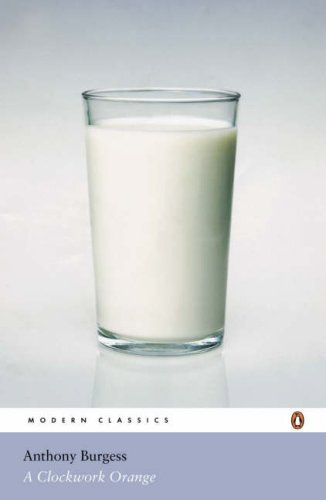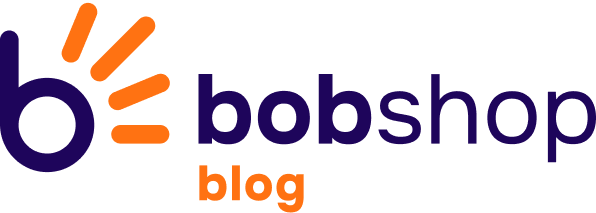 Besides being a brave experiment in linguistics, A Clockwork Orange is also a fascinating discussion about issues of free will.
Besides being a brave experiment in linguistics, A Clockwork Orange is also a fascinating discussion about issues of free will.
The story follows 15 year old Alex and his gang, through their adventures of rape, robbery, assault and murder in London’s dystopian but not-so-distant future. Alex narrates his tale to us in Nadsat slang, an invention of Burgess’ that finds its origins in a mesh of English slang, rhyming slang and Russian, and spoken by the youth in the novel. Don’t worry, you’ll work out the words as you read.
Spurred on by Milk Plus (a milk and drug cocktail, popular with Nadsat teens) and a gluttonous fervor for the Lovely Ludwig Van and the ultraviolent, Alex is finally caught by the police during a house raid on a lonely cat lady. After a while in prison, Alex becomes the guinea pig for a state run experiment on violent individuals involving Pavlovian methods to make them good again.
Although the title is most famously known for the brilliant and brutal film directed by Stanley Kubrick, which is an adaption of the book, Burgess insisted that it missed the point. Make sure you read the version that includes the last chapter (left out of initial publications and the film adaption) and you’ll see what he’s getting at.
Find A Clockwork Orange, the book, on bidorbuy and the movie too.
